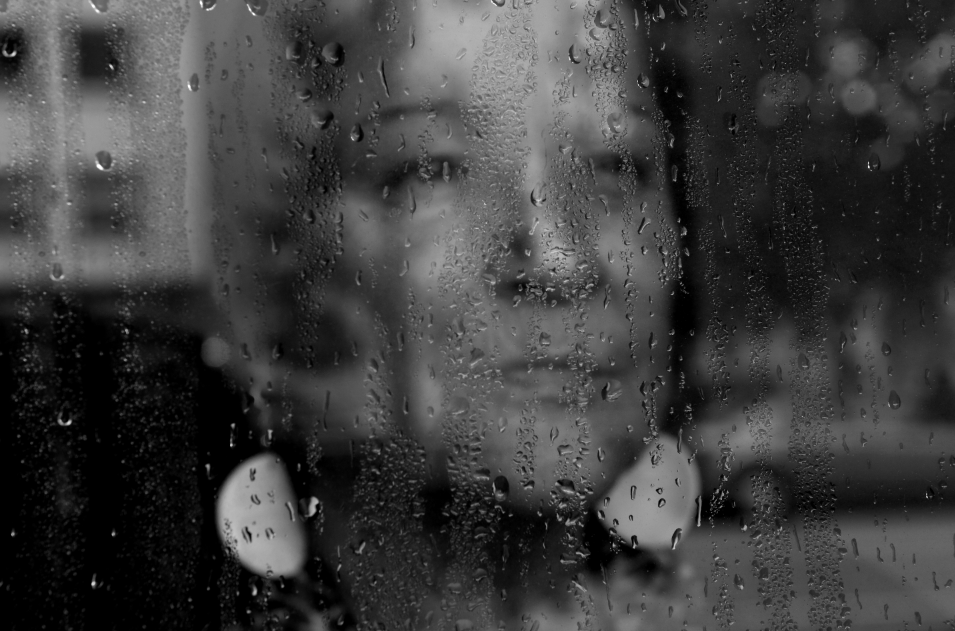Photography by Belinda Mason

‘I will speak to a major form of discrimination that affects Native Americans in the urban areas, particularly in San Francisco. This discrimination is a very subtle form of discrimination – it is discrimination by omission, or we can call it “exclusion from the process,” or it can be called a ‘lack of voice,’ and ‘invisibility.’ Being invisible, and denying us a voice creates a space where American Indians – who are already suffering from historical and intergenerational trauma, grief, violence, racism – truly become hopeless. When we believe, or internalize the message, that our government officials send us indicating that we don’t count, we’re not important, then drugs, alcohol, homelessness, lack of self-esteem, lack of confidence and [lack of] self-worth are the result.’
– Michele Maas, Chippewa USA 2015
Michele Maas is an enrolled member of the Red Cliff Band of Lake Superior Chippewa and a descendant of the Bad River Band of Lake Superior Chippewa Indians of the Great Ojibwe Nation and Three Fires Confederacy. She is a Jingle Dancer and also a member of the Medicine Dress Dance Society. She is a wife and mother and a community member. Michele, LCSW has extensive experience in providing psycho-therapy and early intervention prevention counseling to individuals and families within the Native American/Alaska Native community. She integrates her understanding of Anishinaabe culture with western evidence-based interventions and practices. Michele has over 20 years of experience in providing substance abuse and mental health counseling services. She has developed curricula that utilize a holistic method of healing while guiding individuals in their journey of recovery/discovery from trauma, substance abuse, and historical trauma and sexual trauma and grief. Michele has been an invited speaker at local and national conferences and has extensive experience in presenting and facilitating workshops on issues pertaining to the Native American/Alaska Native community that focus on working complex trauma, historical and intergenerational trauma and other socio-cultural/socio political subjects faced by Native Americans with particular focus on those living in the urban areas.Michele is passionate about her work within the community and is committed to working to end cycles of historical intergenerational trauma within the Native American/Alaska Native Community.